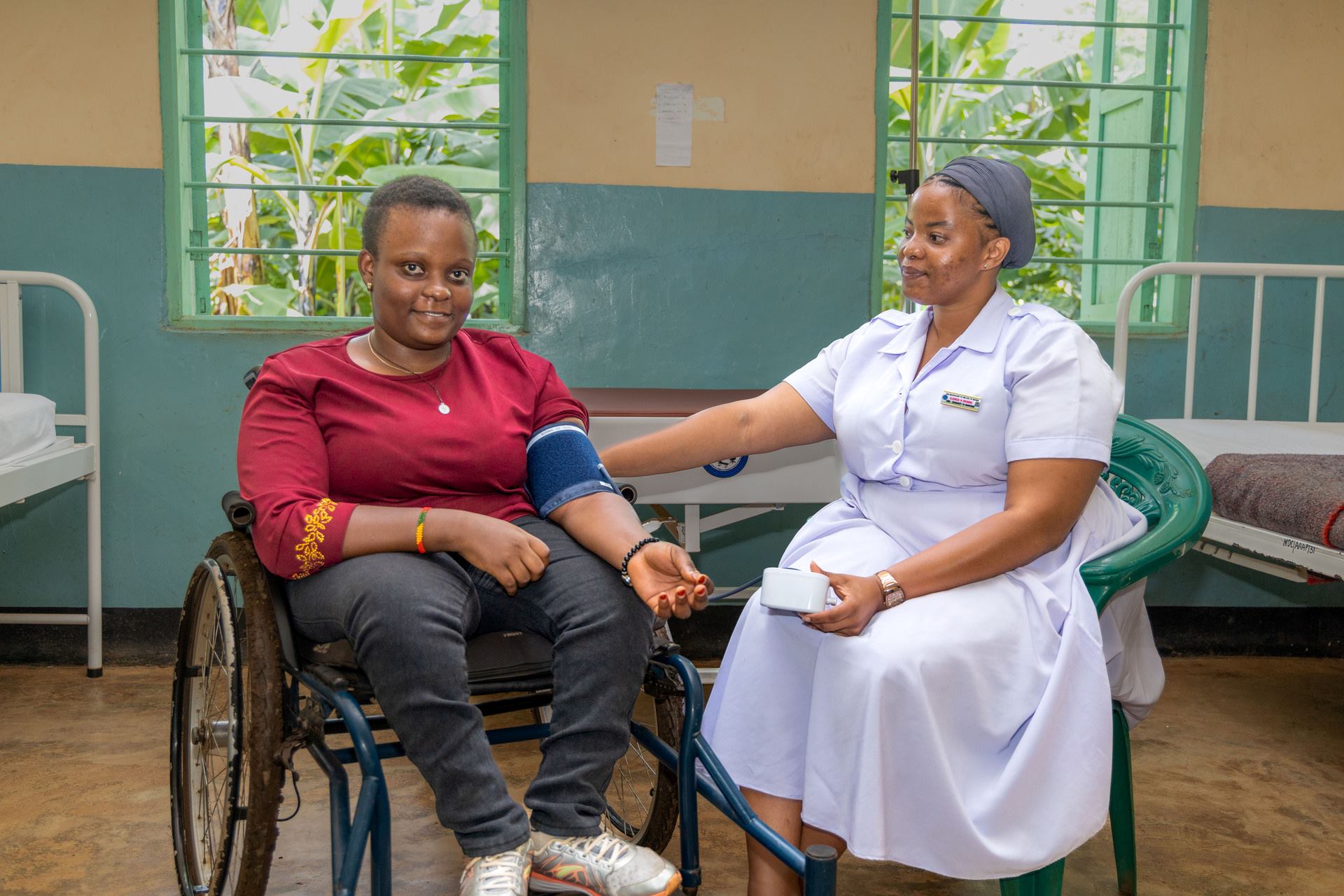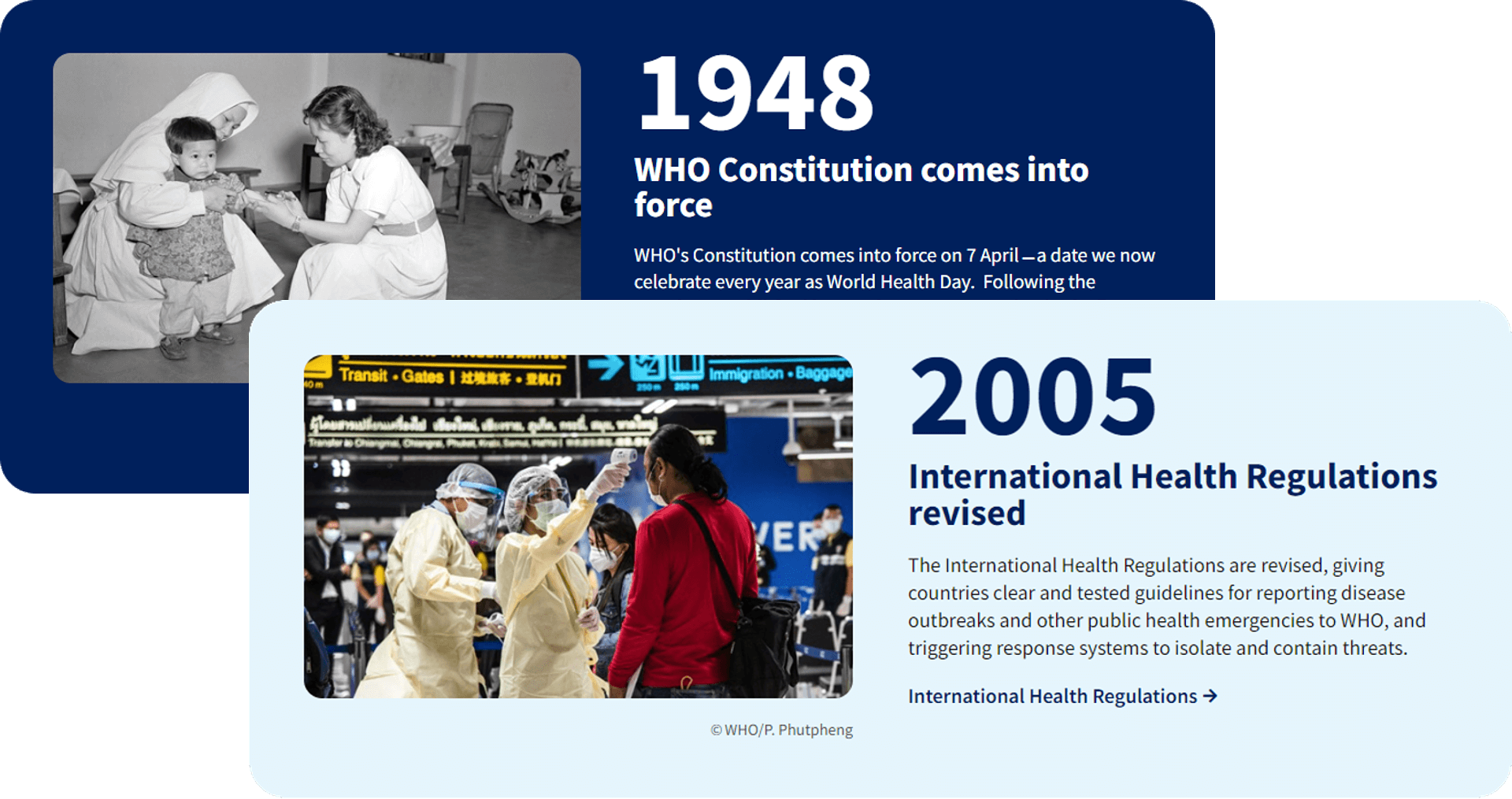
/investment-round-visual.tmb-768v.jpg?sfvrsn=4fc233dd_3)
WHO's Investment Round
To address important challenges faced in global health, WHO launched its first Investment Round: a new approach to mobilizing predictable and flexible resources for WHO’s core work for the next 4 years (2025–2028). Working with existing donors and other partners, the Investment Round also aims to attract new donors through an inclusive engagement process that will culminate at the G20 leaders’ summit chaired by Brazilian President Lula da Silva.
The Investment Round is supported by a growing group of co-hosts: France, Germany, Norway, Brazil, Mauritania (for the African Union), South Africa, and the Kingdom of Saudi Arabia. Co-hosts are key to raise awareness about the importance of fully funding the work of the WHO, as well as providing support and commitment to our common global health agenda.
The Investment Round aims to appropriately resource WHO’s core work for 2025–2028 while increasing the overall efficiency of receiving and disbursing of funds across the Organization.
Context
The world faces severe inequities and inequalities in health, which were amplified by the COVID-19 pandemic. More than half the world’s population is not fully covered by one or more essential health services, and 2 billion people face financial hardship due to out-of-pocket health spending.
At the centre of the world’s health architecture is the World Health Organization, which holds the mandate as the global coordinating authority for health. With 194 Member States, WHO brings a unique legitimacy, global footprint, and expertise, to empower countries and partners to improve health and well-being for all.
World leaders express strong support for WHO at the G20
Key documents
Deliver for impact




/40-million-chart.tmb-1920v.png?sfvrsn=7bd05aab_2)

/transformation-implementation-and-change-(tic)/2024-06-01_wha-77__a.tardy_5041.jpg?sfvrsn=8eae85c4_3)
/transformation-implementation-and-change-(tic)/who-academy_greece_mass-casualty-management_003.jpg?sfvrsn=b034df7_4)

/leadership-voices-thumbnail.tmb-549v.jpg?sfvrsn=486a8ef8_1)

/invest-visual-investing.png?sfvrsn=dbf748b9_20)



